 Welcome
Welcome
“May all be happy, may all be healed, may all be at peace and may no one ever suffer."
High blood pressure in children
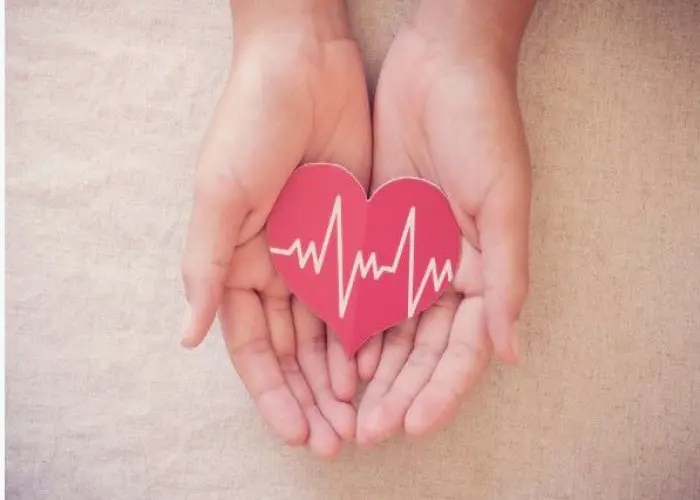
While high blood pressure is more common in adults, it can also occur in children. In fact, the prevalence of high blood pressure in children has been increasing in recent years, possibly due to rising rates of childhood obesity and sedentary lifestyles.
High blood pressure in children is defined as blood pressure that is consistently above the 95th percentile for their age, sex, and height. It can be caused by a variety of factors, including genetics, obesity, sleep apnea, kidney disease, and certain medications.
Children with high blood pressure are often asymptomatic, and the condition may only be detected during routine check-ups or when screening for other conditions. In some cases, children with high blood pressure may experience symptoms such as headaches, dizziness, or nosebleeds.
Treatment for high blood pressure in children usually involves lifestyle changes and medication. Lifestyle changes such as maintaining a healthy weight, eating a healthy diet, getting regular exercise, and limiting screen time can help lower blood pressure. Medications such as ACE inhibitors or calcium channel blockers may also be prescribed to help lower blood pressure.
It is important to monitor blood pressure regularly in children and to seek medical attention if you have any concerns or symptoms. Early diagnosis and treatment of high blood pressure can help prevent serious health complications and improve outcomes.
Research Papers
Disease Signs and Symptoms
- Headaches
- Seizures
- Nausea or vomiting
- Chest pain
- Irregular heartbeats (arrhythmia)
- Shortness of breath (dyspnea)
Disease Causes
High blood pressure in children
High blood pressure in younger children is often related to other health conditions, such as heart defects, kidney disease, genetic conditions or hormonal disorders. Older children — especially those who are overweight — are more likely to have primary hypertension. This type of high blood pressure occurs on its own, without an underlying condition.
Disease Prevents
High blood pressure in children
High blood pressure can be prevented in children by making the same lifestyle changes that can help treat it — controlling your child's weight, providing a healthy diet low in salt (sodium) and encouraging your child to exercise.
High blood pressure caused by another condition can sometimes be controlled, or even prevented, by managing the condition that's causing it.
Disease Treatments
If your child is diagnosed with slightly or moderately high blood pressure (stage 1 hypertension), your child's doctor will likely suggest trying lifestyle changes, such as a heart-healthy diet and more exercise, before prescribing medications.
If lifestyle changes don't help, your child's doctor might recommend blood pressure medication.
If your child is diagnosed with severely high blood pressure (stage 2 hypertension), your child's doctor will likely recommend blood pressure medications.
Medications might include:
- Angiotensin-converting enzyme (ACE) inhibitors. These medications help relax your child's blood vessels by blocking the formation of a natural chemical that narrows blood vessels. This makes it easier for your child's blood to flow, reducing blood pressure.
- Angiotensin II receptor blockers. These medications help relax blood vessels by blocking a natural chemical that narrows your child's blood vessels.
- Calcium channel blockers. These medications help relax the muscles of your child's blood vessels and may slow his or her heart rate.
- Diuretics. Also known as water pills, these act on your child's kidneys to help your child remove sodium and water, reducing blood pressure.
Your child's doctor will tell you how long your child will need to stay on the medication. If your child's high blood pressure is caused by obesity, losing weight might make medication unnecessary. Treating other medical conditions your child has might also control his or her blood pressure.
Although little is known about the long-term effects of blood pressure medication on a child's growth and development, many of these medications are generally considered safe to take during childhood.
Disease Diagnoses
Disease Allopathic Generics
Disease Ayurvedic Generics
Disease Homeopathic Generics
-
Belladonna
200 strength.
-
Aconite napellus
30, 200 strength.
-
Arnica montana
30 strength.
-
Baryta muriatica
200, 1000 strength.
-
Lachesis
200 strength.
-
Aurum metalicum
200 strength.
-
Glonoinum
200 strength.
-
Nux vomica
200 strength.
Disease yoga
High blood pressure in children and Learn More about Diseases

Vitamin deficiency anemia
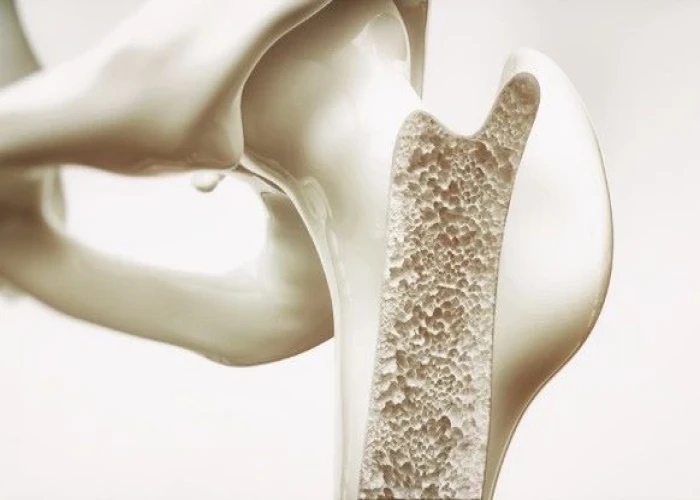
Osteoporosis
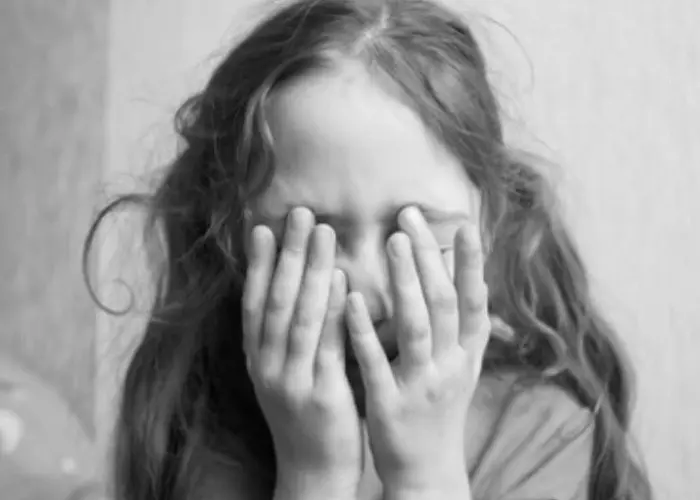
Childhood schizophrenia
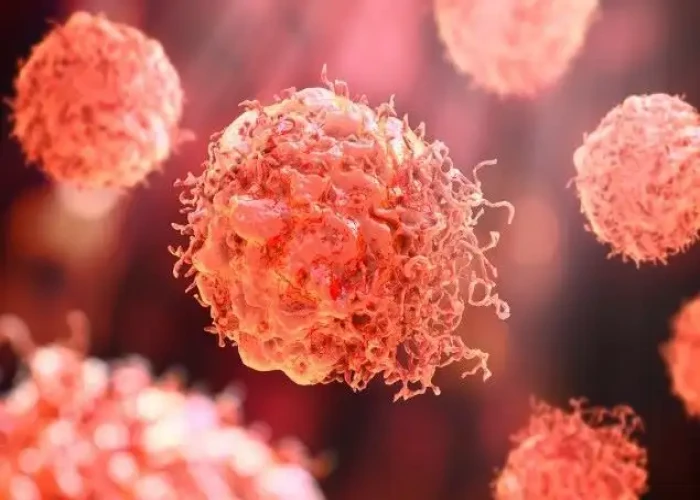
Sarcoma
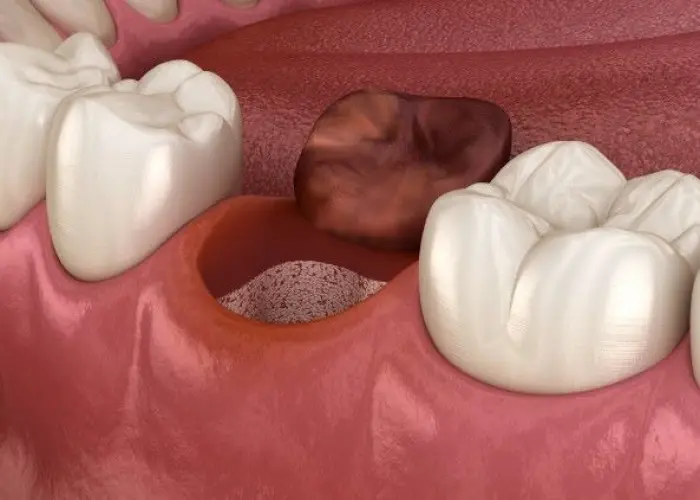
Dry socket

Asthma attack

Stomach cancer
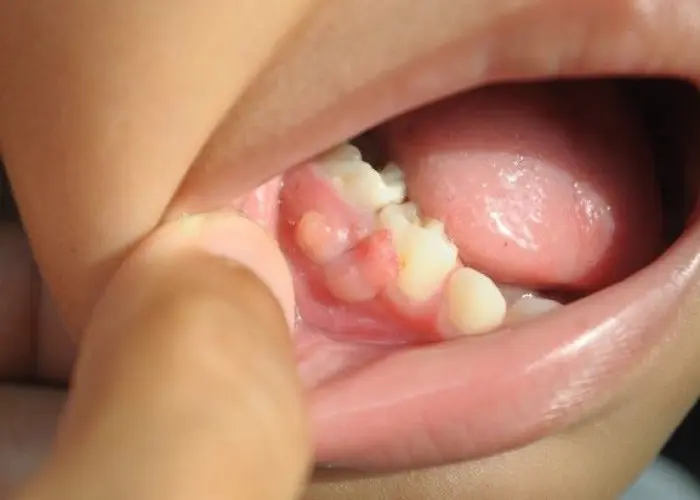
Gum Boil
high blood pressure in children, বাচ্চাদের মধ্যে উচ্চ রক্তচাপ
To be happy, beautiful, healthy, wealthy, hale and long-lived stay with DM3S.
